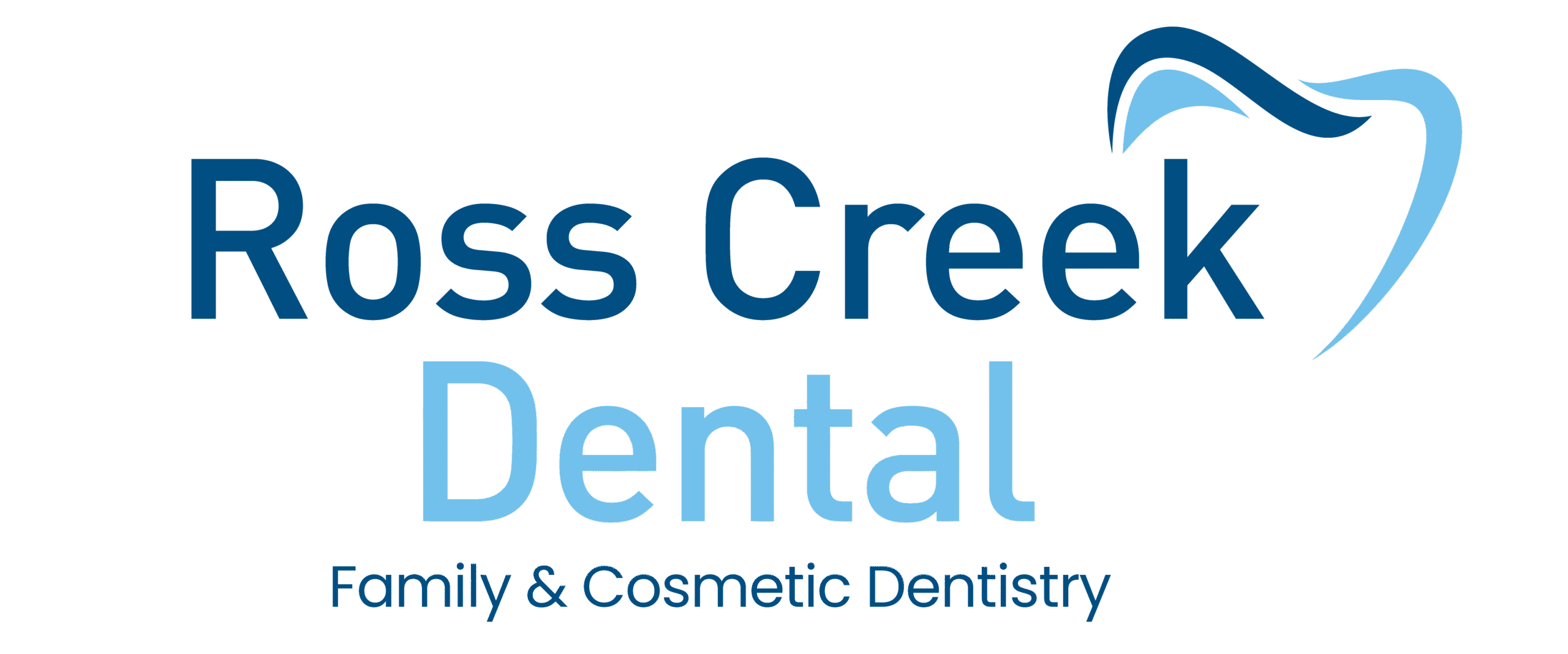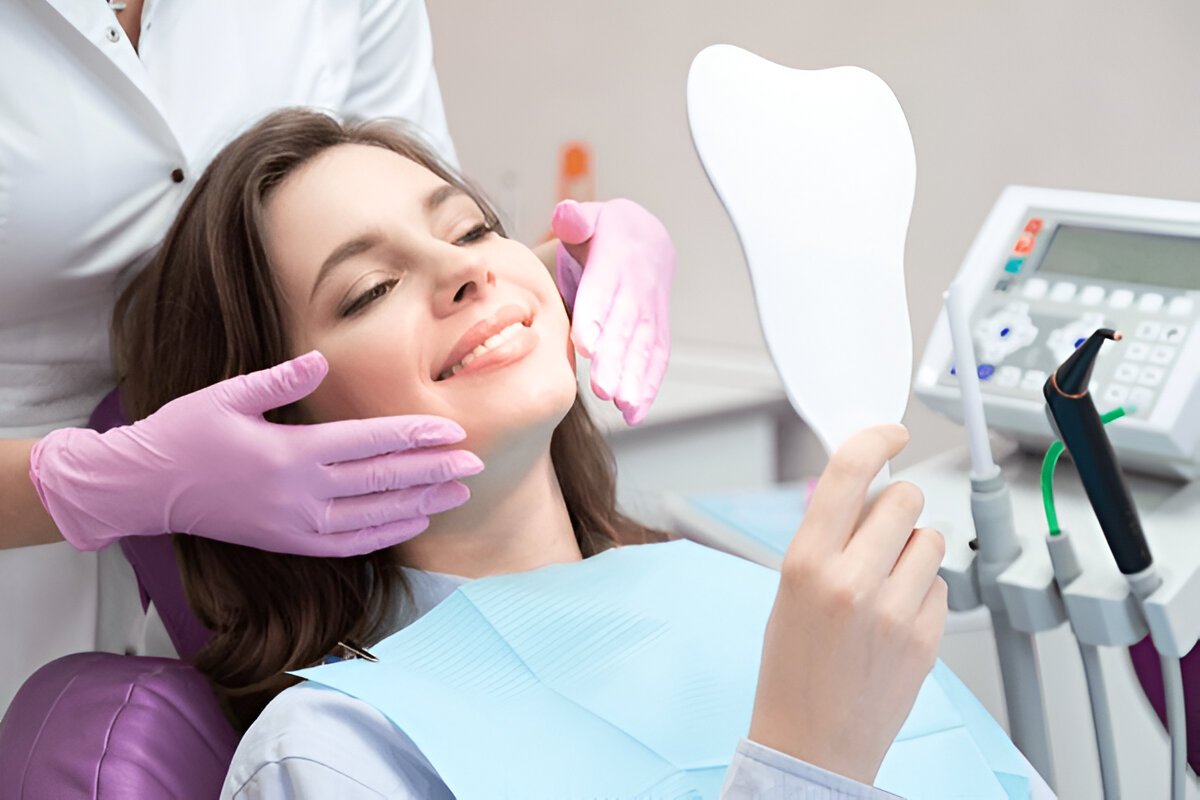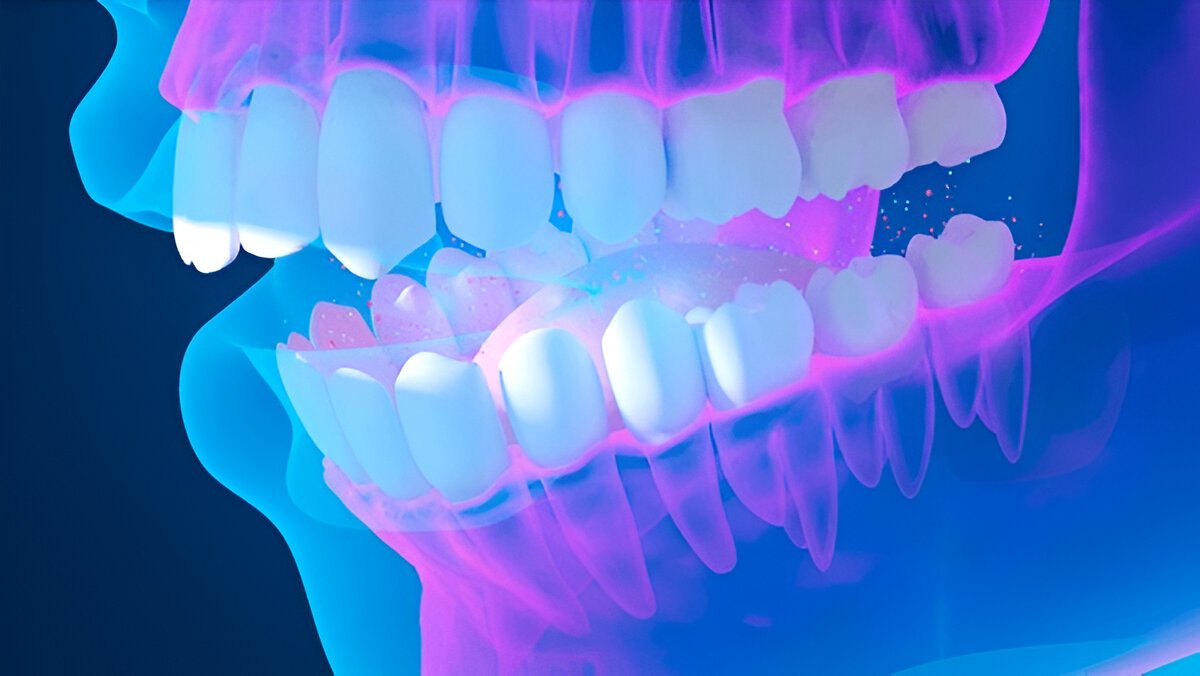Caring for your family’s dental health is a vital aspect of overall wellbeing, ensuring that everyone from teething tots to busy teens, and even adults, maintains a healthy smile. With essential teeth care tips and best practices, this guide aims to provide comprehensive support for oral health for kids and adults alike.
By understanding the key strategies for lifelong oral health, you can confidently navigate the journey toward a healthier, happier mouth for every member of your household.
Join us as we explore effective dental tips for families, highlighting the importance of regular check-ups, proper hygiene, and specialized care tailored to your family’s unique needs.
Caring for Teething Tots
Teething Symptoms and Relief
Teething is a significant milestone in your baby’s development, often accompanied by discomfort and various symptoms. Common teething symptoms include irritability, drooling, swollen gums, and a tendency to chew on objects. Your baby might also experience disrupted sleep and a reduced appetite.
To provide relief, consider gently massaging your baby’s gums with a clean finger or using a cold teething ring. Over-the-counter pain relief gels designed for infants can also help soothe sore gums. Additionally, offering your baby a clean, wet washcloth to chew on can provide comfort.
Remember, maintaining a regular dental hygiene routine is essential even before the first tooth appears. Wipe your baby’s gums with a soft, damp cloth to keep their mouth clean and introduce them to good oral health habits early on. Consistent care during the teething phase sets the foundation for lifelong dental health.
First Dental Visits: What to Expect
The first dental visit is a crucial step in ensuring your child’s oral health. It’s recommended to schedule this visit by their first birthday or when their first tooth appears. This initial appointment is generally brief and involves a gentle examination of your baby’s mouth to check for any signs of decay or developmental issues.
During the visit, the dentist will also provide guidance on proper brushing techniques, teething relief, and dietary recommendations to promote healthy teeth. Parents will have the opportunity to ask questions and discuss any concerns they might have about their child’s dental health.
Creating a positive experience is essential to make future visits stress-free. Arrive early to allow your child to get comfortable with the new environment. Bringing a favorite toy or blanket can also help ease any anxiety. Early and regular dental check-ups pave the way for a lifetime of healthy smiles.
Early Teeth Care Tips
Establishing good dental habits early on is essential for your child’s long-term oral health. Start by cleaning your baby’s gums with a soft, damp cloth even before their first tooth erupts. Once teeth begin to appear, switch to a small, soft-bristled toothbrush designed for infants.
Use a smear of fluoride toothpaste—about the size of a grain of rice—until your child is three years old. After that, you can increase the amount to a pea-sized dab. Brush your child’s teeth twice a day, in the morning and before bedtime, to remove food particles and plaque.
Avoid putting your baby to bed with a bottle, as prolonged exposure to milk or juice can lead to tooth decay. Encourage the use of a sippy cup by their first birthday. Lastly, make dental care fun by involving your child in the process, perhaps by letting them choose their toothbrush or by playing a favorite song while brushing.
These early teeth care tips set the foundation for a lifetime of healthy smiles.
Oral Health for Kids
Establishing Good Habits Early
Teaching children good dental habits from a young age is vital for maintaining oral health for kids. Start by making brushing and flossing a regular part of their daily routine. Use a fun, kid-friendly toothbrush and flavored toothpaste to make the experience enjoyable.
Encourage your child to brush their teeth twice a day—once in the morning and once before bed. Supervise their brushing until they are old enough to do it effectively on their own, usually around age six. Teach them to brush for at least two minutes, covering all surfaces of their teeth.
Introduce flossing when your child’s teeth start to touch. Flossing helps remove food particles and plaque between teeth that brushing might miss. Additionally, limit sugary snacks and drinks to reduce the risk of cavities.
Regular dental check-ups are essential. Schedule visits every six months to monitor their dental development and address any issues early. By establishing these good habits early, you can ensure your child enjoys a lifetime of healthy smiles.
Fun Ways to Encourage Brushing
Making brushing fun can turn a routine task into an enjoyable part of your child’s day, promoting better oral health for kids. Start by allowing your child to pick out their own toothbrush and toothpaste. Options featuring their favorite characters or flavors can make them more excited about brushing.
Incorporate games and songs to make the process entertaining. Use a two-minute timer or play a fun song that lasts two minutes to ensure they brush for the recommended duration. There are also apps available that use interactive games to encourage proper brushing techniques.
Create a reward system to motivate consistent brushing. Stickers, small toys, or extra playtime can be rewards for maintaining good brushing habits. Additionally, brushing together as a family can set a positive example and make the activity feel like a shared, fun experience.
By integrating these fun methods, you can help your child develop a positive attitude toward dental hygiene, ensuring they maintain healthy smiles for life.

Regular Check-Ups and Cleanings
Regular dental check-ups and cleanings are essential for maintaining optimal oral health for kids. These visits help in early detection of potential issues such as cavities, gum disease, or misaligned teeth. It’s recommended that children visit the dentist every six months, starting from their first birthday or when their first tooth emerges.
During these check-ups, the dentist will perform a thorough examination of your child’s teeth, gums, and mouth to ensure everything is developing correctly. Professional cleanings remove plaque and tartar buildup that regular brushing might miss, preventing tooth decay and gum disease.
Check-ups also provide an opportunity to reinforce good oral hygiene habits. Dentists can offer personalized advice on brushing techniques, flossing, and dietary choices that promote healthy teeth. They may also apply fluoride treatments or dental sealants to protect your child’s teeth from cavities.
Consistent dental visits not only keep your child’s smile healthy but also help them become comfortable with routine dental care, reducing anxiety about future visits.
Dental Care for Busy Teens
Orthodontics and Braces
Orthodontics plays a crucial role in dental care for busy teens, helping to correct misaligned teeth and improve overall oral health. Braces are the most common orthodontic treatment, designed to straighten teeth, fix bite issues, and enhance facial aesthetics. The ideal age for braces is typically between 12 and 16, as this is when most permanent teeth have come in.
The process begins with an orthodontic evaluation to determine the best course of treatment. Traditional metal braces, ceramic braces, and clear aligners like Invisalign are popular options. Each has its benefits, and the choice depends on your teen’s specific needs and preferences.
Maintaining oral hygiene with braces requires diligence. Teens should brush and floss regularly to avoid plaque buildup around the brackets and wires. Regular dental check-ups and orthodontic adjustments are essential to monitor progress and make necessary changes.
While the process requires commitment, the long-term benefits of a straight, healthy smile are well worth the effort. Orthodontic treatment can boost your teen’s confidence and contribute to lifelong oral health.
Handling Sports and Dental Health
For busy teens involved in sports, protecting their dental health is crucial. Athletic activities increase the risk of dental injuries, such as chipped teeth, fractures, or even tooth loss. Wearing a mouthguard is one of the most effective ways to prevent these injuries. Custom-fitted mouthguards, available through your dentist, offer the best protection and comfort.
Encourage your teen to wear their mouthguard during both practice sessions and games. Mouthguards help cushion impacts, reducing the risk of dental trauma. They also protect braces and other orthodontic appliances from damage.
Additionally, maintaining good oral hygiene is essential, especially for teens with braces. Ensure they brush and floss regularly to prevent plaque buildup and cavities, which can be exacerbated by sports drinks and snacks high in sugar.
Regular dental check-ups are important to monitor overall oral health and address any issues that may arise from sports activities. By taking these precautions, your teen can enjoy their favorite sports while keeping their smile healthy and bright.
Maintaining Healthy Smiles Through Adolescence
Adolescence is a critical period for maintaining healthy smiles. During these years, teens may face unique dental challenges such as increased cavity risk, orthodontic treatments, and lifestyle choices that impact oral health. Encouraging consistent dental hygiene practices is essential.
Teens should brush their teeth at least twice a day with fluoride toothpaste and floss daily to remove plaque between teeth. Regular dental check-ups every six months help in early detection and treatment of any issues, ensuring long-term dental health.
Diet also plays a role. Limit sugary snacks and drinks, which can lead to tooth decay. Encourage a balanced diet rich in fruits, vegetables, and dairy products to support strong teeth and gums.
For teens undergoing orthodontic treatment, extra care is needed to keep braces clean and prevent gum disease. Additionally, using protective gear like mouthguards during sports can prevent dental injuries.
By instilling these habits, you help your teen transition into adulthood with a healthy, confident smile that lasts a lifetime.
Conclusion
Ensuring your family’s dental health doesn’t have to be overwhelming. By integrating these practical tips and maintaining a routine of regular dental check-ups, you can pave the way for a lifetime of healthy, confident smiles for everyone in your household. From teething tots to busy teens, each stage of life comes with unique dental challenges, but with the right knowledge and commitment, these can be managed effectively.
Investing in proper oral hygiene, understanding the needs of each family member, and seeking professional guidance when necessary are the cornerstones of comprehensive dental care. At our practice, we are dedicated to providing personalized, compassionate care tailored to the specific needs of every patient. Our goal is to make dental visits a positive experience, building trust and fostering long-term relationships with our community.
Remember, a healthy smile is a reflection of overall well-being. So, take the first step today by scheduling a visit to ensure your family’s dental health is in expert hands. We’re here to help you every step of the way, offering the highest quality care in a welcoming and supportive environment. Together, let’s achieve the bright, healthy smiles your family deserves.






